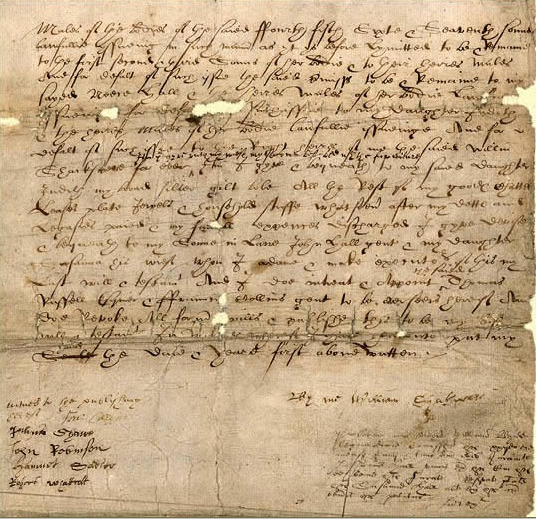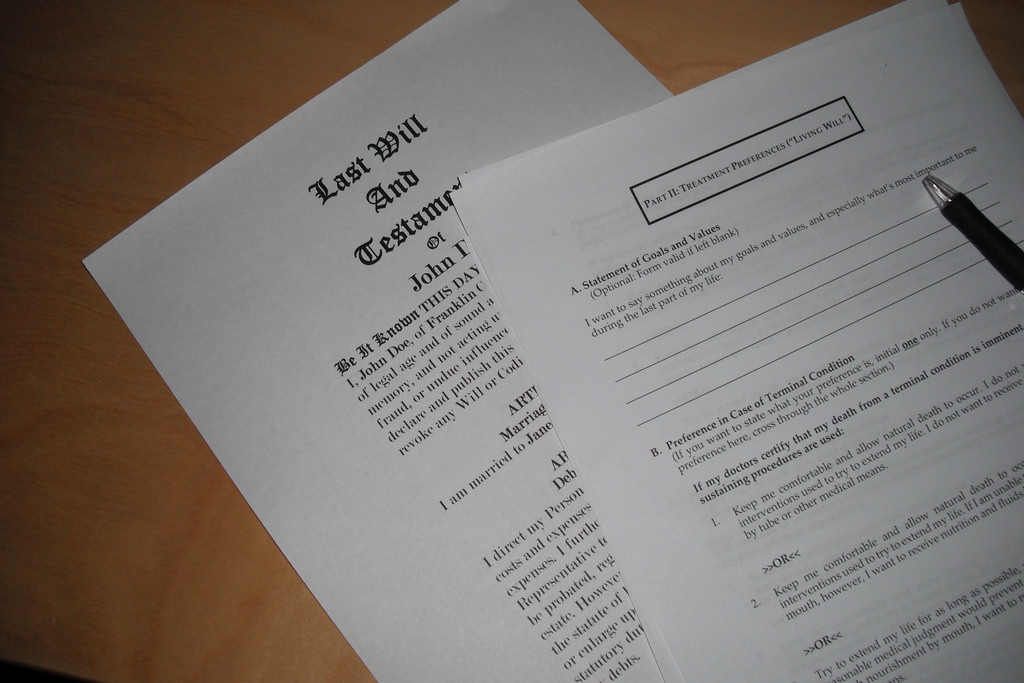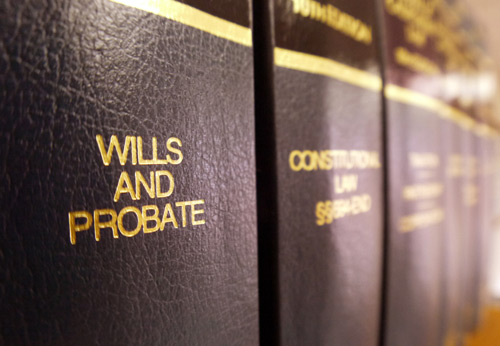In today’s technology driven world it seems our phones are attached to our hips whether we like it or not. We are driven by the accessibility and connection that these tiny machines provide us. But what right do you have regarding your phone after your death? In March, Florida police pulled over Linus Phillips for illegally tinted windows. Upon speaking with Mr. Phillips, Officer Steiner detected the smell of marijuana. However, before Officer Steiner was able to perform a search of the vehicle, Mr. Phillips began driving in reverse. Officer Steiner was dragged by the vehicle before he fired his weapon in self-defense and killed Mr. Phillips. Detectives wanted to…
-
-
Harper Lee’s Estate Sues Aaron Sorkin’s Production of “To Kill a Mockingbird”: When Can Estates Sue and Be Sued?
Famed Hollywood writer, director, and producer Aaron Sorkin is on the defending end of a lawsuit brought by Harper Lee’s estate. The estate alleges that his adaptation of the Pulitzer prize-winning “To Kill a Mockingbird” strays too far in the story and the development of some key characters from the original 1960 best selling book. In case you haven’t read it (spoiler alert), “To Kill a Mockingbird” is a favorite among attorneys and the general public alike. At its heart, it is the story of a wrongfully accused African-American man in 1930s Alabama. With prominent local attorney Atticus Finch as his defense counsel, both men struggle with the prejudice and…
-
Six Basic Questions and Answers about Executors
If you have a will or have ever dealt with estate administration, you are probably familiar with the term “executor.” However, most people don’t know what an executor is or what the executor’s role is. Additionally, what do you do if you suspect an executor is behaving fraudulently or contrary to the deceased person’s wishes? What is an executor? An executor is a person or institution appointed to carry out the terms of a person’s will. They are appointed by the person who wrote the will, the testator, to conclude the business and financial arrangements the testator had…
-
Eight Questions and Answers about Fiduciary Litigation
What is fiduciary litigation? Fiduciary litigation encompasses a wide range of legal actions including, without limitation, trust and estate litigation, will contests (also referred to as caveat proceedings), breach of individual and corporate fiduciary duty claims, and guardianship proceedings. Fiduciary litigation is becoming increasingly relevant as the baby boomer generation continues to age. What is a fiduciary? A fiduciary is an individual or corporation in whom another places trust and confidence to act in their best interest. Generally speaking, a fiduciary is tasked with prudently caring for the financial assets of another. What are the types of fiduciary relationships? Relationships created by statute, such as in…
-
Six Ways to Challenge a Will’s Validity
Wills must meet several basic requirements to be valid and enforceable under state law. If any of the below factors are at work, then a will’s validity may be challenged. (1) Undue Influence Undue influence exists when a person uses coercion to influence the testator (the person creating a will) into executing a will that does not accurately reflect the testator’s true wishes. There are several red flags to keep in mind if you are suspicious a loved one’s will is the product of undue influence. Unusual dispositions of property, sickness and vulnerability of the testator to undue influence,…
-
Caveat to a Caveat to a Will: North Carolina Court of Appeals Offers Non-Binding Opinion
In October the North Carolina Court of Appeals issued an unpublished opinion addressing the circumstances under which it is appropriate to grant a motion to dismiss in the context of a will caveat.[1] A caveat is a legal challenge to the probate of a will when there is confusion or disagreement as to the interpretation of the will. The three issues addressed were: (1) can a caveat challenge only a part of a will; (2) can an executor who presents a will for probate later file a caveat; and (3) can one who accepts a benefit under a will later challenge its validity via caveat?…
-
N.C. Court of Appeals: Caveators Were Not Prejudiced By Dead Man’s Statute Since the Jury “heard the gist of caveators’ evidence.”
In 1960 Charles Pickelsimer (“Charles”) inherited significant stock holdings in a family telecommunications company.[1] Over the next 45 years, Charles gave his children and grandchildren stock certificates as gifts. When he sold the company in 2008 for $65 million, Charles and his children received significant cash distributions. In 2009, Charles and his wife executed an estate plan to protect their assets, and their children were the primary beneficiaries. Charles was diagnosed with mild dementia and memory loss in January 2010, and his wife died in March of that year. His condition continued to subsequently decline. Charles executed a new estate plan in August 2010 (“2010…
-
NC Court of Appeals: While decedent’s actions effectively bypassed will, “it was his prerogative to do so.”
On July 21, 2015, the North Carolina Court of Appeals issued a ruling emphasizing the importance of executing cohesive estate documents and appointing a trusted fiduciary to execute the testator’s wishes.[1] Dwight Jordan died testate with four children, and his will instructed the estate to be divided between them in equal shares. Mr. Jordan named one of his sons, Raymond Baxter Jordan (“Defendant”), as the executor, and designated him as his attorney-in-fact. The same day he executed the will, Mr. Jordan and the Defendant converted Mr. Jordan’s bank account to a joint account with rights of survivorship. The bank account comprised…




